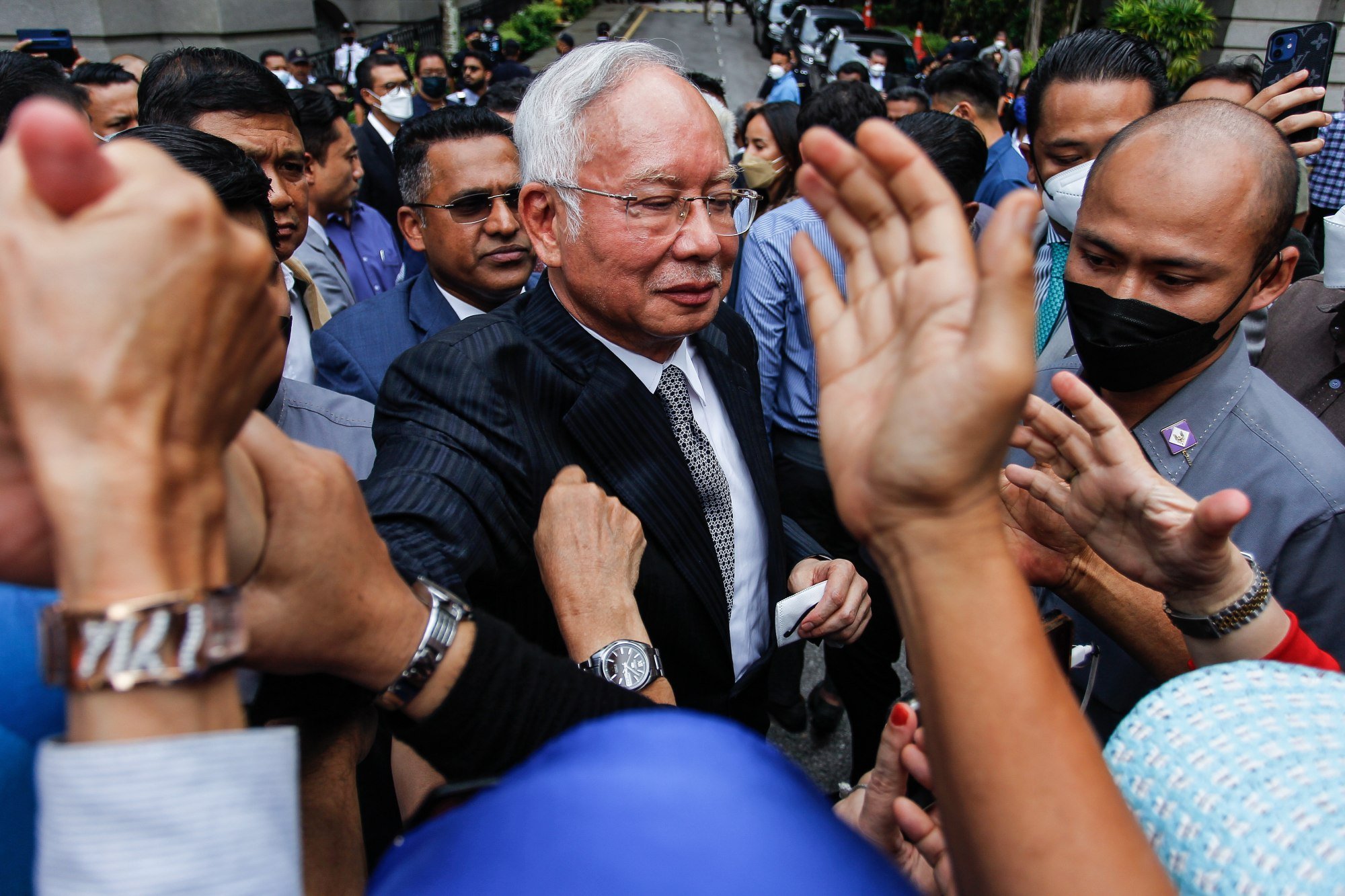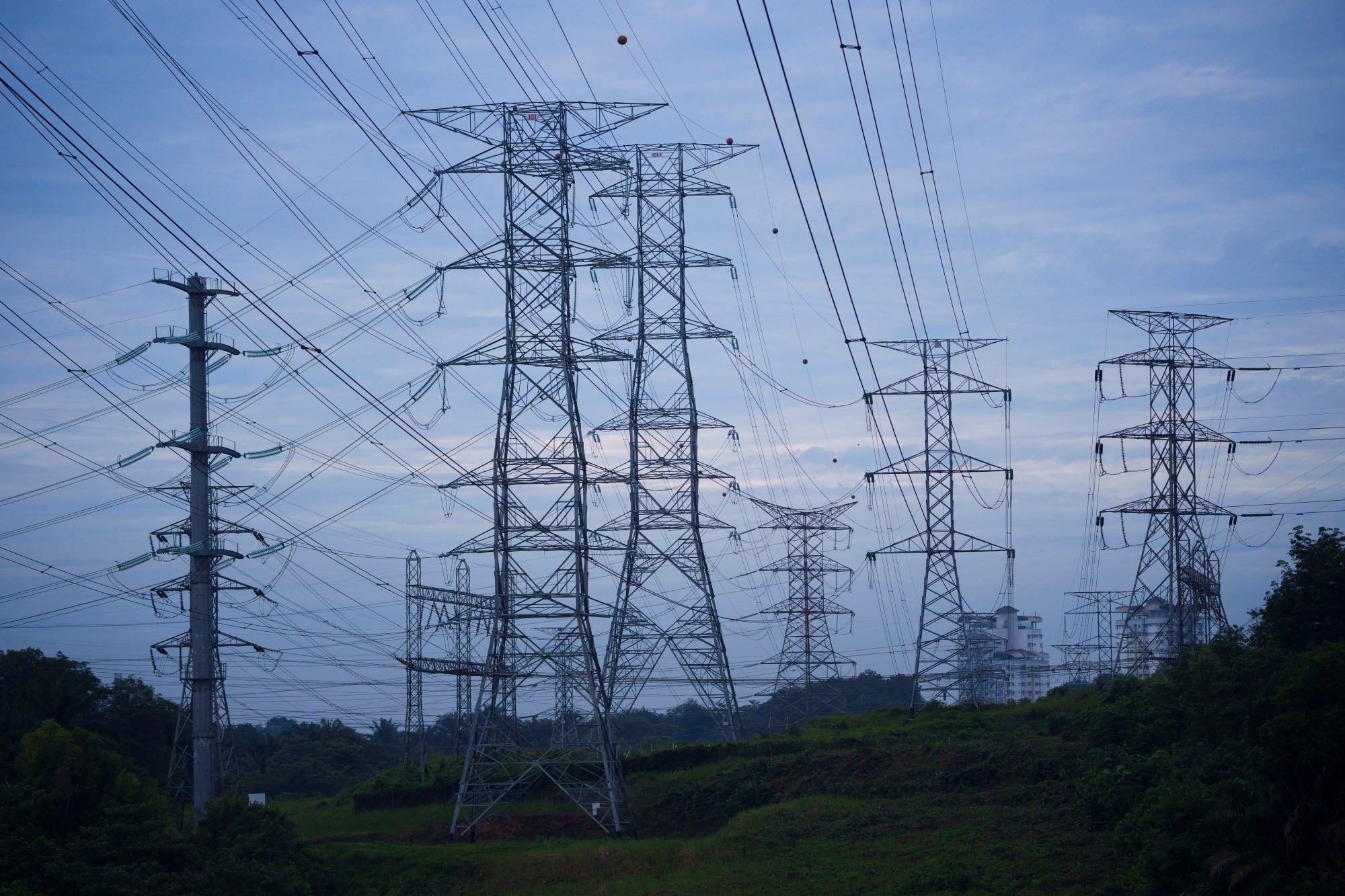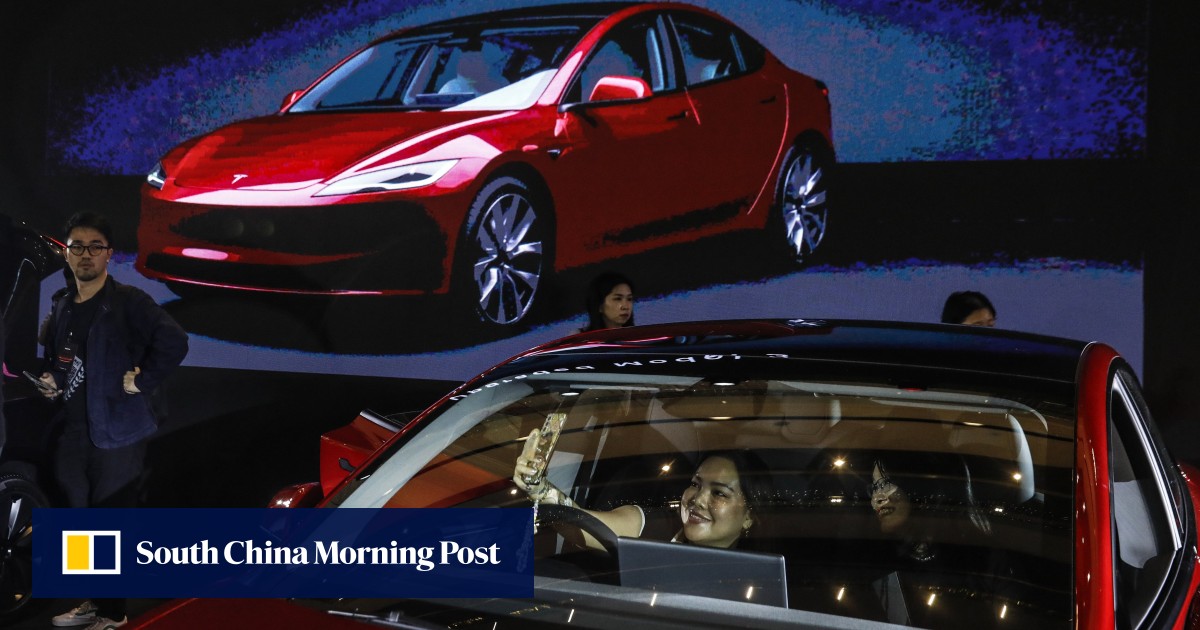“Then [local players] become comfortable and suddenly we become less competitive … now we have to give some tough love and I think we have to open up.”
Earlier this year, Anwar laid out the goal of making Malaysia among the top 30 economies in the world, and for it to be among the top 12 in the Global Competitiveness Index within the span of a decade.
Anwar warns Malaysian economy faces ‘very serious crisis’ without reforms
Anwar warns Malaysian economy faces ‘very serious crisis’ without reforms
Malaysia currently ranks 27th on the index, having climbed five spots from 32nd in 2022.
Zafrul said Malaysia had ranked among the top 10 in the 1990s, but that was mostly due to the fact that the country had a first-mover advantage over most of its regional peers.
“We were at one point the darling of investors. Now China and others in the region have improved,” he said. “Malaysia has also improved but not as fast. We need to start making the changes today.”
Some of those changes include allowing foreign investors full ownership of their Malaysian operations, which has already managed to draw in a big EV name.
Zafrul declined to share details of Tesla’s investment plan, but said that they fulfilled conditions to qualify for full ownership of their Malaysian operations.
“Right now you will see the cars, the charging [stations], service centre. But the whole aim is for us to be part of the Tesla supply chain,” he said without elaborating.
Prime Minister Anwar had said in August that discussions were under way with Tesla to potentially set up a battery manufacturing plant in Malaysia, in addition to talks with Chinese carmakers to similarly set up EV operations in the country.
Risky gambit?
This is not the first time the Malaysian government has declared its intentions to liberalise the market, pull in investors and revitalise an economy that has seen declining foreign investments over the past two decades.
Just like Anwar, Najib made the move early into his first term in power, unveiling his New Economic Model to replace the decades-old New Economic Policy that was put in place in the early-1970s by Malaysia’s second prime minister – and Najib’s father – Abdul Razak Hussein.
But a swift and strong backlash from influential characters in Najib’s then-ruling Umno party and the Malay community forced him to quickly backtrack on many of his planned market reforms and liberalisation.

However, Malaysia no longer has the luxury of leaving things as they are, Zafrul said.
One of the early sectors the government wants to liberalise is hiring talent – under next year’s budget, companies operating in Malaysia can hire foreign students who graduate from local campuses.
While he does expect some resistance to the move, Zafrul said it’s not something that would cause Malaysians to be left behind.
“The jobs are the ones you don’t want or we don’t have enough [talent for]. If we want to accelerate the transition, there’s no way we have the supply yet, it takes time,” he said.
If we want to accelerate the transition, there’s no way we have the supply yet, it takes time
Zafrul took the example of a meeting with a major multinational firm in the semiconductor sector, which asked the government to provide 5,000 engineers to support their expansion plans.
“I said we only have 500 now. We are working with all the universities, but then we realised if we allow all the students in the engineering department [to get jobs] we can make it, on top of the Malaysians,” he said.
Zafrul said this will spill over into the EV space, where he expects consumer adoption to “go up exponentially”, amid increasing demand from investors and consumers alike for industries and nations to shift to more sustainable technologies and practices.
But building EVs is just one part of the equation, as investors across industries are increasingly under pressure to ensure all aspects of their operations fall in line with efforts to reduce their carbon footprint.
Not just about cars
German semiconductor giant Infineon Technologies in August announced a US$5.5 billion plan to build the world’s largest 200mm wafer-fabrication facility, and intelligent sensing and emitting manufacturer AMS-Osram announced a US$1.1 billion expansion plan last year.
“[The shift to] front-end [manufacturing] is in the billions so they need some support from the government in terms of incentives, but more importantly in terms of renewable energy, clean energy, talent,” the minister said. “We need to make sure we can fulfil that.”
Zafrul said the government’s liberalisation plan will proceed gradually, including in certain segments of strategic sectors such as electricity.

He said the government will maintain control over transmission lines, but can open up power generation to external investors to speed up plans to transition to renewable energy.
“If I want to move to [renewable energy] faster, I’ve got to liberalise the generation [sector],” he said. “Otherwise, the incumbent will say I will do it at my pace because overcapacity means less revenue. They want to sweat their assets.”
On the government’s end, Zafrul said agencies were being empowered to cut down on bureaucracy and expedite approval processes, such as the move to slash approval times for halal certification from 51 days to 30 days.
Zafrul said he was optimistic that the push towards market liberalisation would only help Malaysia’s efforts to lure more EV investments.
As Indonesia pushes EV dream, car shoppers stay cautious: ‘it’s not affordable’
As Indonesia pushes EV dream, car shoppers stay cautious: ‘it’s not affordable’
And even if investors decide to set up shop in a neighbouring country, he said there were still plenty of opportunities to tap into the supply chain as no single country in the region can provide a complete ecosystem.
“Because [investors] will always come to the closest supply chain due to logistics cost and time … for Malaysia we hope to be at the high end of the EV supply chain.”
